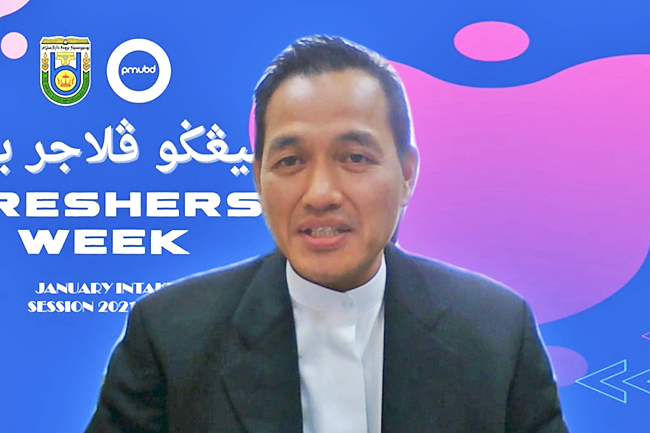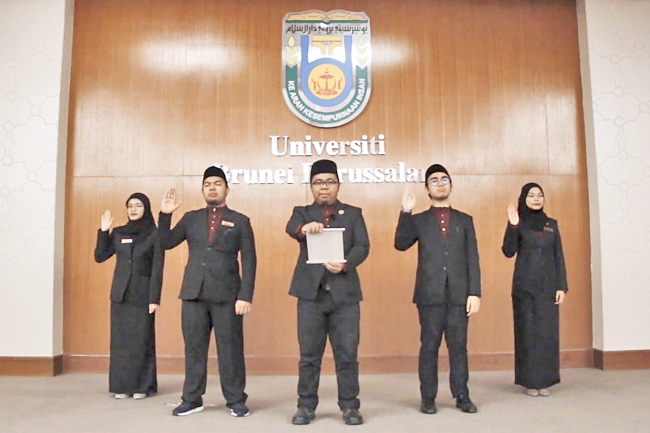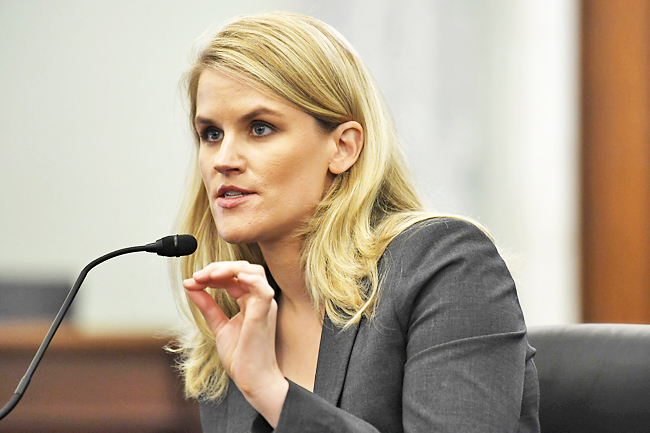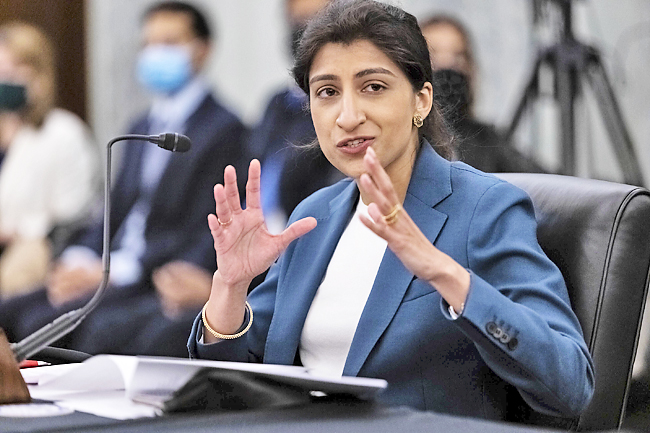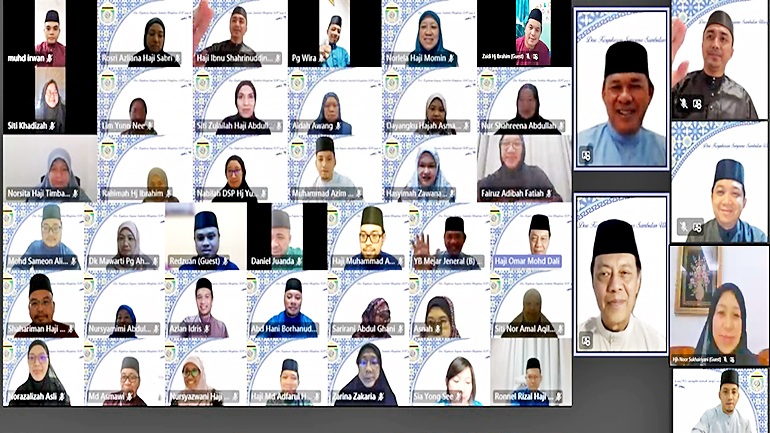Bill Sheehan
THE WASHINGTON POST – Ramsey Campbell, one of the premier horror writers of the English-speaking world, is now 75, and has recently entered his seventh decade as a published writer. This is quite literally true. His first book, a collection of Lovecraft-inspired tales called The Inhabitant of the Lake, appeared in 1964, when its fledgling author was still in his teens.
In the years since, he has produced a steady stream of novels, novellas and stories. Taken together, they constitute one of the monumental accomplishments of modern popular fiction.
Consider these numbers: To date, Campbell has published 37 novels, along with hundreds of short stories that have been collected in more than two dozen volumes.
He has also published one volume of verse, two massive collections of assorted nonfiction and has edited some 20 volumes of new and classic horror fiction. In terms of both quality and productivity, his career has been a remarkable one, and shows no signs of slowing down.
This year alone, Campbell has published three new books.

Ramsey Campbell, Certainly, a 600-page follow-up to 2002’s Ramsey Campbell, Probably, offers an assortment of autobiographical reflections, along with cogent commentary on such subjects as censorship, plagiarism, classic weird fiction and the ongoing influence of HP Lovecraft. This generous volume not only offers a glimpse into the mind behind the stories, but also serves as a curated guide to the best that horror has to offer, both in fiction and films.
The Village Killings and Other Novellas gathers all of Campbell’s work in the novella form. This collection of five stories and an essay leads with Needing Ghosts, arguably the author’s most disturbing and disorienting piece of fiction, and ends with the title story, a newly published tale that reveals an affinity – and affection – for the classic, Golden Age detective story.
(Another story, The Enigma of the Flat Policeman, was written under the influence of John Dickson Carr, master of the locked room mystery.) This is a strong, long overdue collection that offers a surprising glimpse into the range and variety of Campbell’s literary interests.
The final installment in this year’s Campbell trifecta is the novel Somebody’s Voice (Flame Tree Press). This is quite simply one of the best novels Campbell has ever written. The premise is simple.
Alex Grand, a crime novelist whose career has reached a crisis point, agrees to serve as ghost writer for Carl (formerly Carla) Batchelor, an embittered survivor of childhood abuse.
The act of collaboration reveals the fault lines in Alex’s carefully constructed version of his own past and leads to unexpected – and painful – revelations.
This is a beautifully structured novel that deals forthrightly with uncomfortable issues – abuse, gender politics, repressed memories – and moves steadily toward a conclusion that is both affecting and, in retrospect, inevitable.
Throughout his long career, Campbell has mastered the art of generating a sense of sustained unease. In book after book, he has created an instantly recogniszable world in which the most commonplace scenes, settings and objects assume a sinister, potentially menacing air.
It is a world in which – to contradict the title of one of Campbell’s finest novels – there is no safe place.
Against the backdrop of a harsh, often malleable reality, Campbell has created some of the most uncompromising horror fiction of recent decades.


